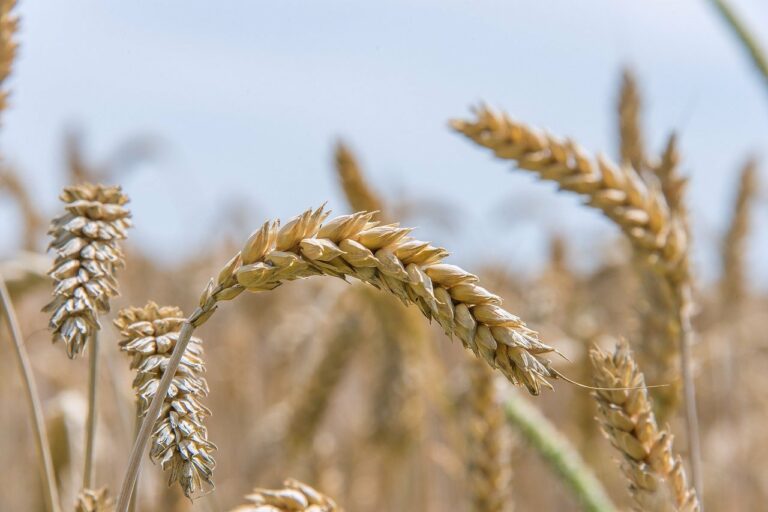Enhancing Food Security Through Food Banking Initiatives: Redistributing Surplus Food to Those in Need
Food banking initiatives play a crucial role in addressing food insecurity by collecting surplus food from various sources, such as supermarkets, farms, and manufacturing companies. This surplus food is then sorted, packaged, and distributed to individuals and families in need through a network of partner agencies and community organizations. By rescuing this excess food that would otherwise go to waste, food banks help bridge the gap between food abundance and food insecurity.
Additionally, food banking initiatives often collaborate with food donors, volunteers, and policymakers to raise awareness about the issues of hunger and food waste within communities. Through educational programs, advocacy efforts, and community events, food banks strive to not only provide immediate food assistance but also address the root causes of food insecurity and work towards long-term solutions. This collaborative approach fosters a sense of solidarity and shared responsibility in combating hunger and promoting access to nutritious food for all individuals.
Challenges in Addressing Food Insecurity
Food insecurity remains a persistent issue affecting millions of individuals globally. Despite the efforts of various organizations and initiatives, the root causes of food insecurity such as poverty, unemployment, and lack of access to healthy food options continue to pose significant challenges. Moreover, the complexity of addressing food insecurity requires multifaceted solutions that go beyond simply providing food assistance.
Additionally, limited funding and resources available for food banks and similar initiatives hinder their ability to reach all individuals experiencing food insecurity. This limitation often results in a gap between the demand for food assistance and the available supply, leading to many individuals and families going without an adequate and consistent source of nutrition. Finding sustainable solutions to bridge this gap remains a critical challenge in the fight against food insecurity.
Role of Food Banks in Redistributing Surplus Food
Food banks play a crucial role in redistributing surplus food, channeling excess food from producers, retailers, and distributors to those in need. By bridging the gap between food waste and hunger, food banks prevent perfectly good food from ending up in landfills while simultaneously providing nourishment to individuals facing food insecurity.
Through strategic partnerships with various stakeholders in the food industry, food banks are able to rescue surplus food that would otherwise go to waste and distribute it to community organizations, shelters, and individuals experiencing hunger. This collaborative effort not only reduces food waste but also addresses the immediate needs of vulnerable populations, ensuring that excess food is put to good use and serves its purpose of nourishing those in need.
Food banks play a crucial role in redistributing surplus food
Channeling excess food from producers, retailers, and distributors to those in need
Prevent perfectly good food from ending up in landfills
Providing nourishment to individuals facing food insecurity
Through strategic partnerships with various stakeholders in the food industry, food banks are able to rescue surplus food that would otherwise go to waste and distribute it to community organizations, shelters, and individuals experiencing hunger. This collaborative effort not only reduces food waste but also addresses the immediate needs of vulnerable populations, ensuring that excess food is put to good use and serves its purpose of nourishing those in need.
What is the main purpose of food banks?
The main purpose of food banks is to address food insecurity by collecting surplus food from donors and redistributing it to those in need.
How do food banks acquire surplus food?
Food banks acquire surplus food through donations from various sources such as grocery stores, restaurants, farmers, and food manufacturers.
What role do food banks play in reducing food waste?
Food banks play a crucial role in reducing food waste by redistributing surplus food that would otherwise go to waste to those in need.
How do food banks help address food insecurity?
Food banks help address food insecurity by providing nutritious food to individuals and families who may not have access to an adequate supply of food.
What are some challenges faced by food banks in redistributing surplus food?
Some challenges faced by food banks include limited resources, logistical issues in transporting and storing food, and the need for ongoing support from donors and volunteers.
How can individuals support the work of food banks?
Individuals can support the work of food banks by donating food, volunteering their time, and advocating for policies that address the root causes of food insecurity.







